Ukhiya, Aug 25 (V7N) — Cox’s Bazar’s Ukhiya and Teknaf host 33 Rohingya camps, sheltering nearly 1.5 million Rohingya refugees. Locals report that an additional 50,000 Rohingya are waiting to cross the border from Myanmar. August 25 marks eight years since the Rohingya influx began. To observe this, various day-long programs, including prayer gatherings and assemblies, are planned across the camps in Ukhiya and Teknaf.
No Rohingya has been repatriated to Myanmar so far. Instead, over the past year, more than 150,000 Rohingya have crossed into Bangladesh via different border points in Ukhiya, Teknaf, and Bandarban. To address the crisis, three international conferences will be held within four months, organized by the United Nations, Bangladesh, and Qatar. These Rohingya fled military persecution in Myanmar. Efforts are underway to increase funding and expedite their safe return to Rakhine state.
Locals warn the Rohingya crisis is intensifying and if repatriation is not achieved soon, regional security risks will increase. They demand swift action to return the refugees.
On August 25, an international conference titled “Stakeholder Dialogue: Messages for High-Level Discussions on the Rohingya Situation” will be held in Cox’s Bazar. Interim government chief advisor Professor Muhammad Yunus will be the chief guest. The event will host foreign ministers from several countries, UN envoys on Rohingya issues, Bangladesh missions abroad, and UN agencies. Representatives of Rohingya refugees from camps in Cox’s Bazar and those living abroad will also participate. Invitations have been extended to foreign ministers from at least ten countries including Saudi Arabia, Qatar, China, Turkey, Finland, Malaysia, Thailand, and Gambia.
The three-day event, from August 24 to 26, will feature discussions, cultural programs, and refugee camp exhibitions. Diplomatic sources reveal five working sessions on August 24 and 25 will focus on humanitarian assistance and starting repatriation to Rakhine. On August 26, guests will visit the refugee camps.
Local leader M. Gafur Uddin Chowdhury of Palongkhali Union near the Ukhiya border described the Rohingya presence as a “poisonous sore,” causing law and order problems, including theft, extortion, and abduction. He said the repatriation process is stalled while illegal entries continue daily.
Nurul Alam, a resident of Balukhali Rohingya Camp, tearfully recalled losing one of his sons during the flight from Myanmar and expressed a desire to return home, despite hardships in Bangladesh.
Camp head Majhi Dil Mohammad reported ongoing severe persecution in Myanmar and said Rohingya demands remain unmet. Abul Kashem of Jamtoli Camp stated that they would return once citizenship rights are restored but lamented the hardships of camp life and dependency on donor rations.
Yusuf, another refugee, highlighted the lack of access to higher education in the camps and hopes to continue studies after repatriation, urging international attention on the Rohingya plight.
Ayesha Akhtar from Lomba Shia Camp frequently mourns her homeland Arakan. Fellow refugees Abdul Kalam and Rashid Ullah voiced concerns over blocked return routes and fear of violence by the Arakan Army upon their return.
Mubarak Ali of Lomba Shia camp demanded safe and dignified repatriation, questioning the possibility of security in Rakhine, currently controlled by the Arakan Army.
Expert Asif Munir told media that repatriation remains uncertain because Rakhine is under Arakan Army control, beyond Myanmar government authority, complicating the situation with ongoing Rohingya-Arakan Army conflicts and continued illegal entries. He suggested Bangladesh develop a five-year roadmap for long-term crisis management, as resolution will not be quick.
Refugee Relief and Repatriation Commissioner Md. Mizanur Rahman acknowledged increasing repatriation difficulties but confirmed ongoing efforts.
The Rohingya crisis began on August 25, 2017, after mass killings and persecution by Myanmar’s military in Rakhine forced millions to flee to Bangladesh. Despite international initiatives, bilateral talks, and UN involvement, effective repatriation has yet to materialize. The Arakan Army’s control has further complicated the situation.
END/SIU/SMA/



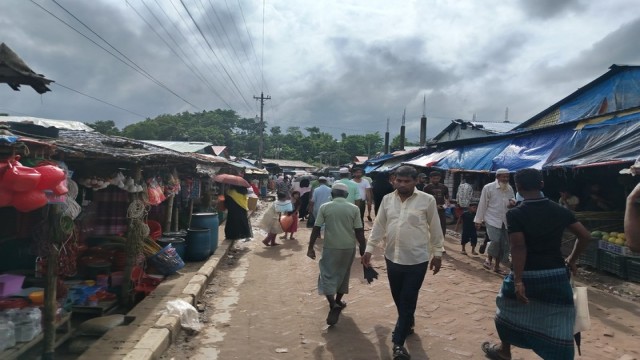
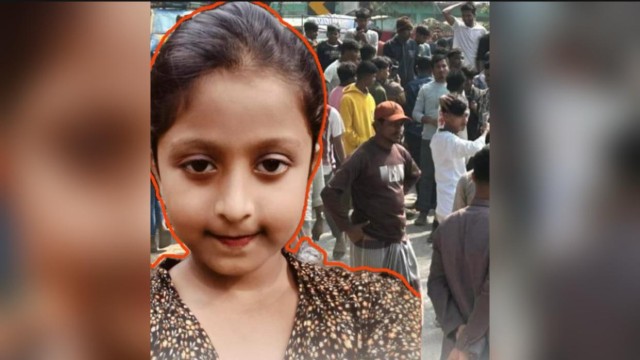
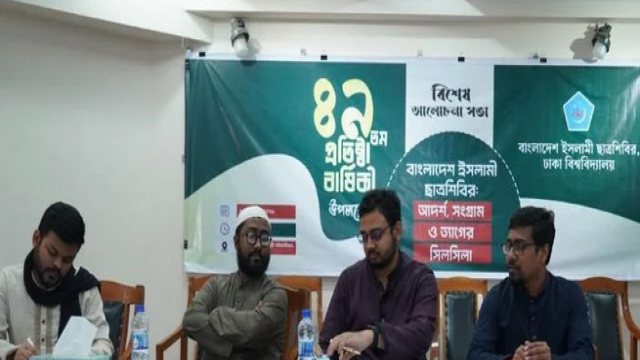

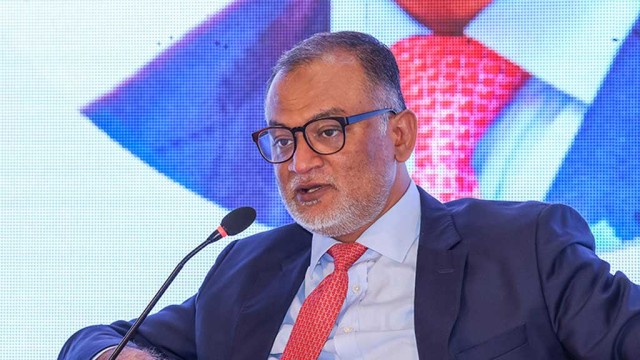
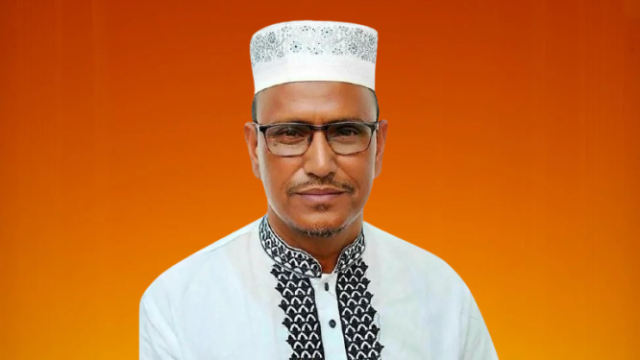
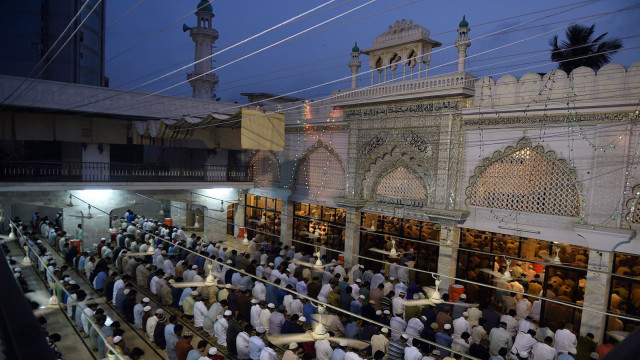
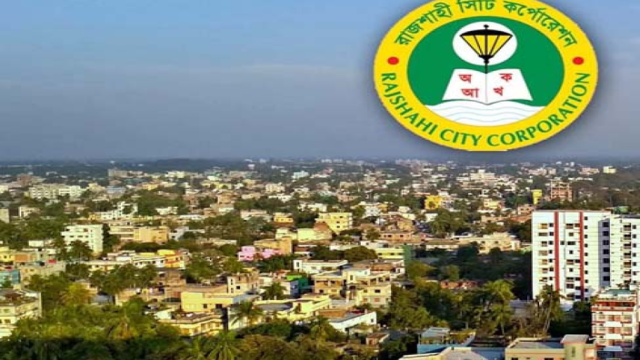
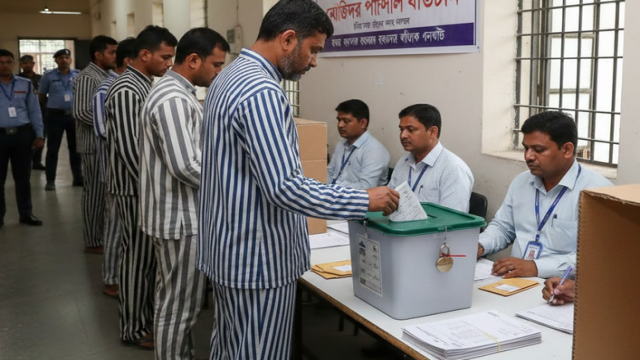




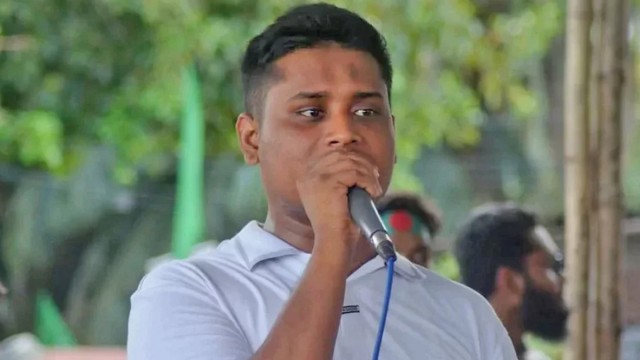
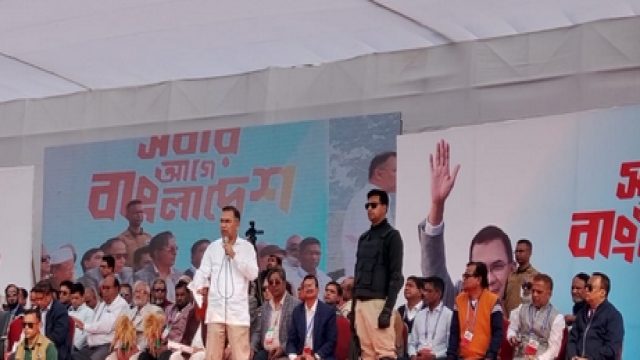
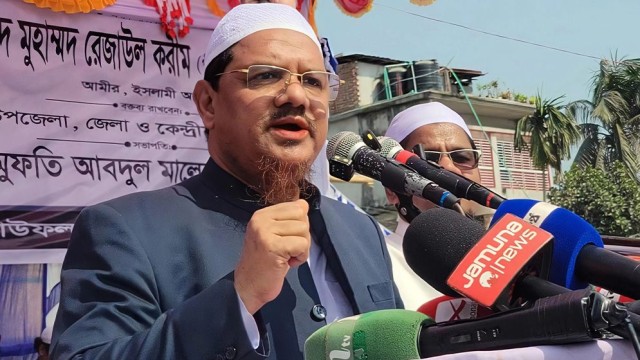











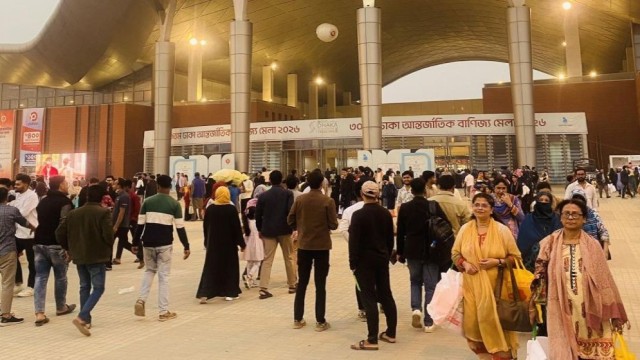
Comment: